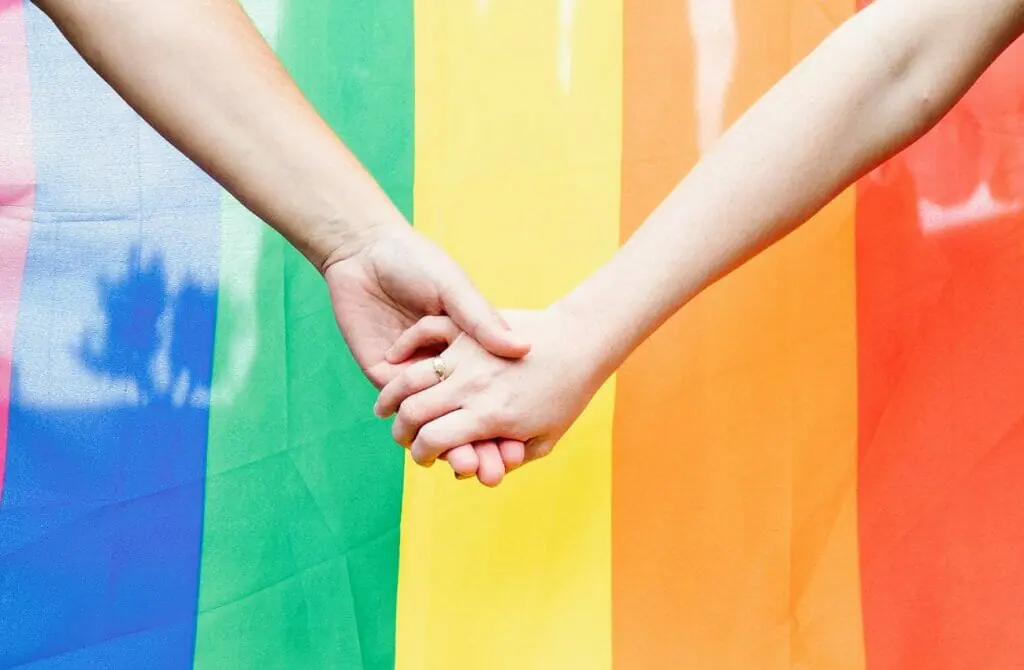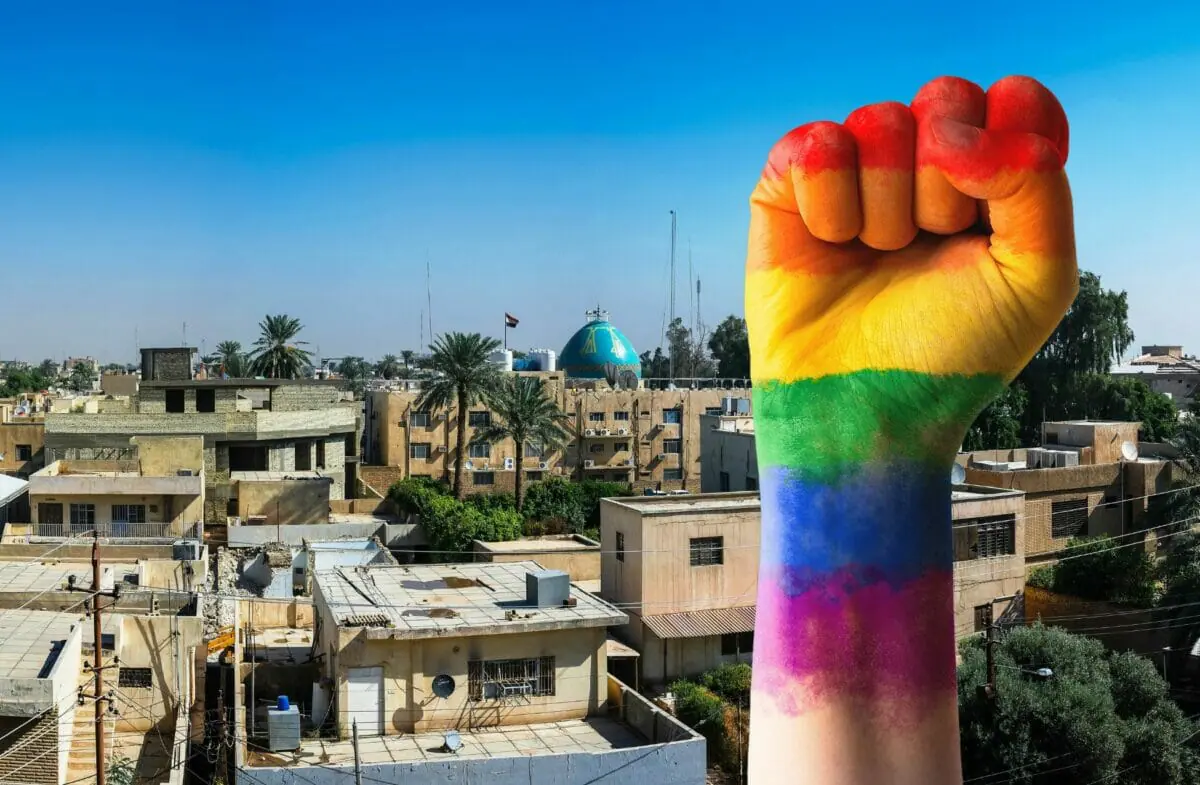LGBT rights in Iraq have been a pressing issue for a long time, with the local community continually facing discrimination and persecution. Homosexuality has been officially banned in the country since 1932, and any homosexual act may potentially lead to the death penalty under the IRCC Resolution 234 of 2001. Local activists and members of the LGBT community are living in constant fear as armed groups, police, and powerful militias contribute to a hostile environment.
It is important to advise travelers that the situation for LGBT individuals in Iraq may pose significant risks to their safety. While tourists may generally experience fewer issues than local residents, the overarching anti-LGBT sentiment must not be overlooked. Visitors should be vigilant and cautious while in the country and avoid any situation that may make them vulnerable or target discrimination.
Situations can change rapidly, and information may quickly become outdated. If you plan to visit Iraq, it is crucial to seek the most current advice and take necessary precautions to protect yourself. While there are always exceptions and some supportive individuals even in the most challenging circumstances, being mindful of the risks and culturally sensitive will help ensure a safer experience during your stay.


History Of LGBT Rights In Iraq
Iraq has a long-standing history of opposing LGBT rights. Since gaining independence in 1932, the government implemented anti-LGBT policies that expanded in the IRCC Resolution 234 of 2001, which punished homosexual acts with the death penalty. Law enforcement and militias have been documented targeting LGBT individuals, with little to no retribution faced by those committing violence.
For tourists, it’s essential to understand that LGBT rights in Iraq are severely limited, affecting not only local people but also visitors. While Westerners might experience a slightly greater level of tolerance, any public displays of affection, even amongst heterosexual couples, are discouraged. It is crucial for LGBT travelers to avoid drawing attention to their sexual orientation to ensure their safety.
In recent years, there has been a minor movement for change in the Kurdistan Region of Iraq (KRI), which has been said to be slightly friendlier to the LGBT community. However, arrests have been made, notably in 2021, based on Article 401 of the penal code, which criminalizes “public indecency.” As an LGBT traveler, refrain from participating in any activism or rallies related to LGBT rights, as this could result in arrest or worse.
Though the situation in Iraq is dire for the LGBT community, there have been international efforts to improve the situation. Regardless, it is crucial for travelers to stay vigilant and be aware of their surroundings. It is always best to err on the side of caution and respect local customs when visiting a country with a history of hostility towards the LGBT community.
To protect oneself, travelers should seek current advice before embarking on their journey. Situations can change rapidly, and information may be outdated. Being mindful and vigilant are critical factors in ensuring a safe and enjoyable travel experience for all.
Remember that while this advice is based on expert knowledge and up-to-date information, it is always wise to remain cautious and continually seek updated advice on the situation in your chosen destination.
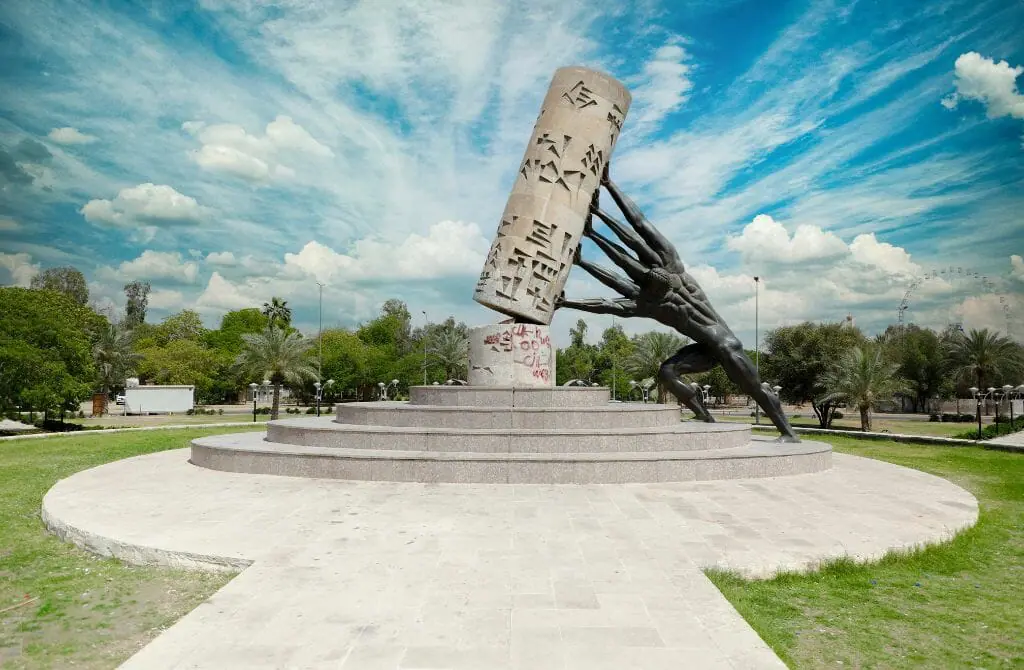

The LGBT Current Situation In Iraq
LGBT rights in Iraq are currently precarious, especially for local individuals who identify as lesbian, gay, bisexual, or transgender. Armed groups, including law enforcement and powerful militias, have been documented as perpetrators of targeted violence against LGBT persons, from abductions to threats of rape and murder. The situation in the Kurdistan Region of Iraq (KRI) is no better, with bills proposed that would stifle any advocacy or support of LGBT rights.
As an LGBT individual traveling to Iraq, the risks are perhaps less severe but still exist. While locals face greater persecution, tourists are not immune to potential incidences of violence or discrimination. That being said, it is crucial to remain vigilant and aware of your surroundings.
To protect yourself while in Iraq, consider the following steps:
- Avoid public displays of affection to minimize drawing attention to yourself or your relationships.
- Research safe spaces and resources available for the LGBT community in your destination, like international organizations, local groups, or online discussion forums.
- Connect with other LGBT travelers or locals for tips and advice on navigating your visit.
- Keep a low profile and refrain from discussing LGBT issues or expressing support for LGBT rights in public settings.
- Avoid revealing your identity or relationship status on social media, as online targeting of LGBT persons has been reported in Iraq.
It is crucial to be mindful that the situation in Iraq can change rapidly, and information may become outdated quickly. Therefore, seeking current advice and information from trusted sources, such as the US Embassy or local LGBT activists, is essential before deciding to embark on a trip to the region.
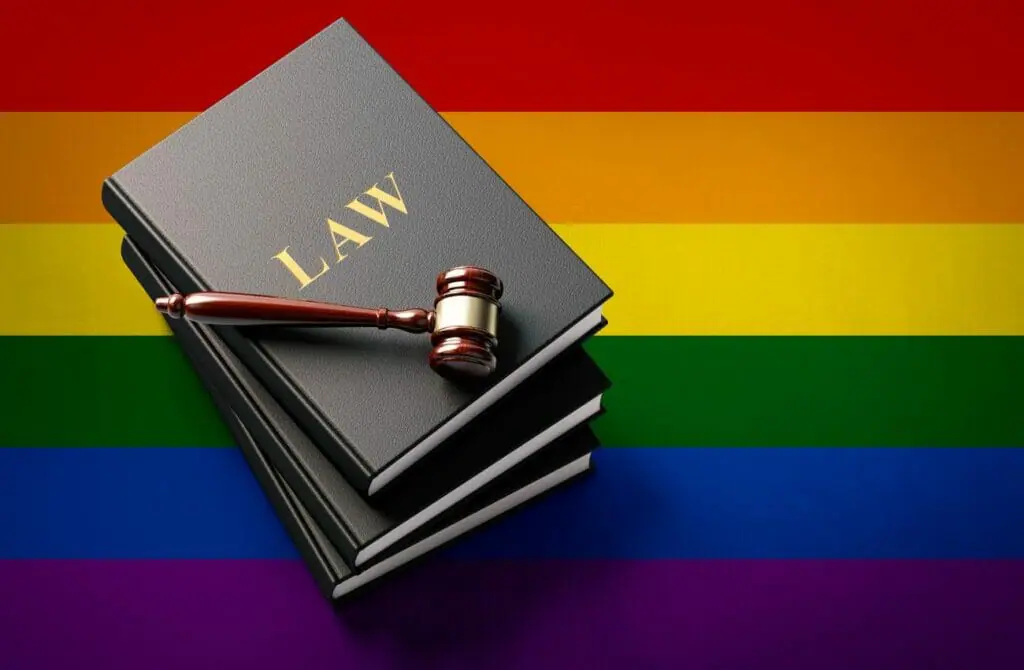

The Future For The Queer Community In Iraq
It is important to acknowledge the different experiences faced by local LGBT individuals compared to tourists in Iraq. Local LGBT people in Iraq are at significant risk due to the challenging circumstances they face daily. They have to navigate a hostile environment where armed groups and authorities often abduct, torture, kill, and discriminate against LGBT people with impunity. A proposed new law to ban homosexuality has further increased their anxiety.
Tourists, on the other hand, may not be subjected to the same level of scrutiny or danger as locals. However, this does not mean that they can disregard their safety or the regional context. Discretion and cultural sensitivity are advisable for LGBT travelers to Iraq. It would be wise to avoid open displays of affection or disclosing one’s sexual orientation or gender identity in untrusted settings. Remaining vigilant and making informed choices about where to stay and patronize is crucial.
To protect oneself as an LGBT traveler in Iraq, the following steps are recommended:
- Stay up-to-date on current events, political climate, and the legal status of LGBT rights in Iraq. Situations can change rapidly, and outdated information can be dangerous.
- Seek advice from trusted sources, such as local contacts if you have them and international organizations that monitor human rights and security issues.
- Practice discretion and avoid publicly disclosing your sexual orientation or gender identity.
- Be cautious about sharing personal information with new acquaintances or on social media, as you may become a target for ill-intentioned individuals.
It is important to remember that there are bad actors everywhere, and while Iraq’s situation may be more volatile, being prepared and vigilant can go a long way in ensuring your safety. Ultimately, by exercising caution and remaining aware of ever-evolving circumstances, LGBT travelers can navigate Iraq more securely.
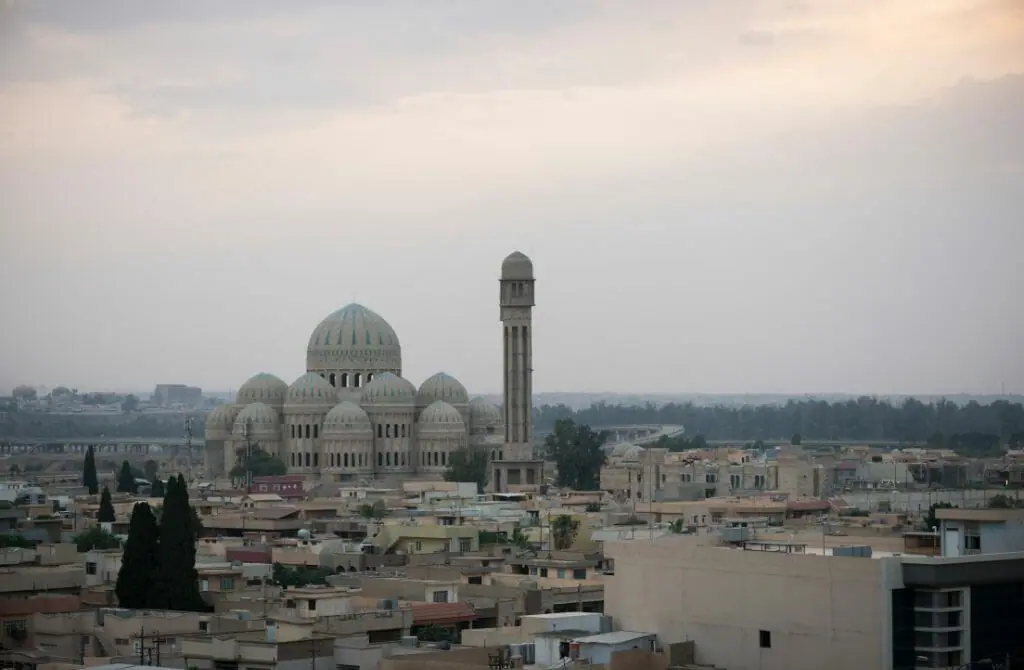
Protect Yourself While Travelling In Gay
As an LGBT traveler in Iraq, it is crucial to be aware of the challenges and risks that the local LGBT community faces, as well as the potential dangers posed to tourists. Homosexuality is not explicitly criminalized in Iraq, but laws designed to protect national security and public morality can often target and harass LGBT individuals.
The situation for local LGBT people is dire, with reports of abduction, murder, and sexual violence at the hands of armed groups and even the police. Unfortunately, the Iraqi government has failed to adequately protect the rights of its LGBT citizens. While tourists may not face the same level of danger as locals, it is still important to remain cautious and vigilant if you identify as LGBT and plan on traveling to Iraq.
To protect yourself while traveling in Iraq, consider the following steps:
- Remain discreet about your sexual orientation and gender identity, as public displays of affection or expressing one’s identity openly could put you at risk of harassment or worse.
- Stay updated on local news, social media, and online forums for any reports on LGBT rights and safety issues in your destination area. Be mindful that the situation can change rapidly, and always seek current advice before traveling.
- Research local laws to determine their applicability to LGBT individuals and any potential consequences of engaging in consensual same-sex activities.
- When interacting with locals, exercise caution to avoid sharing personal information that may expose your sexual orientation or gender identity.
- Utilize online resources such as LGBT travel forums, blogs, and apps to connect with other travelers who can share their experiences and provide guidance on navigating the challenges you might face in Iraq.
It is crucial to remain vigilant, as bad actors and threats to your safety could be present in any country, not just Iraq. Always remember that information can become outdated fast, so make sure to stay current and verify the accuracy of any guidance or suggestions you receive.
I urge you to take these precautions seriously in order to minimize potential risks to your personal safety and well-being while traveling in Iraq.
